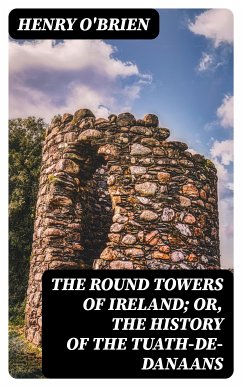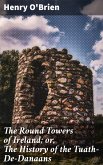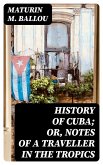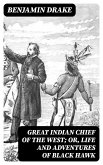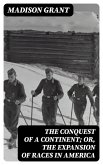In "The Round Towers of Ireland; or, The History of the Tuath-De-Danaans," Henry O'Brien delves into the rich tapestry of Irish mythology and history, exploring the enigmatic round towers scattered across the Irish landscape. O'Brien's literary style is both scholarly and evocative, blending careful historical analysis with poetic descriptions that breathe life into ancient tales. The book situates itself within the broader context of 19th-century nationalism, reflecting a growing interest in folklore and heritage that was vital for the identity of a post-colonial Ireland. Through meticulous research and thought-provoking insights, O'Brien proposes that these towers serve as enduring symbols of the Tuath-De-Danaans, the mythic inhabitants of the Otherworld, thereby weaving a narrative that intertwines archaeology and legend. Henry O'Brien, a historian and antiquarian with a profound passion for Irish culture, was motivated by a desire to reclaim Ireland's lost heritage during a time of political upheaval and cultural revival. His awareness of the marginalization of Irish history and folklore under British rule fueled his quest to illuminate the significance of these ancient structures. O'Brien's research reflects a dedication to preserving the folklore of the Tuath-De-Danaans, showcasing his commitment to revitalizing Ireland's past. Readers interested in the intersections of history, mythology, and national identity will find "The Round Towers of Ireland" an invaluable resource that richly rewards its audience. O'Brien invites you to embark on a journey through time, uncovering the mysteries that linger in the stones of the round towers and revealing Ireland's unique cultural heritage.
Dieser Download kann aus rechtlichen Gründen nur mit Rechnungsadresse in A, B, BG, CY, CZ, D, DK, EW, E, FIN, F, GR, H, IRL, I, LT, L, LR, M, NL, PL, P, R, S, SLO, SK ausgeliefert werden.

